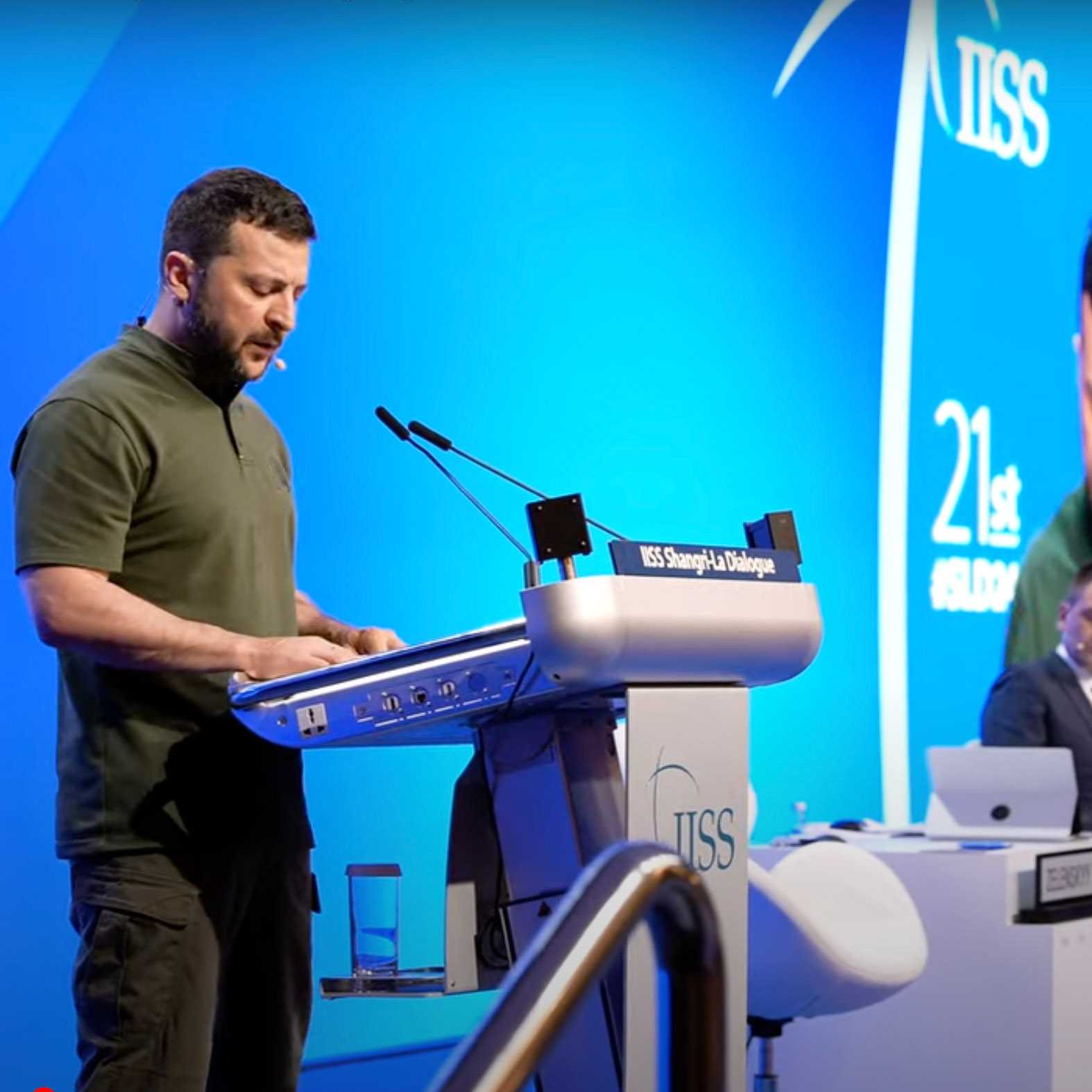
Navigating Polycrisis: The Vital Role of Shangri-La Dialogue in Asia-Pacific
July 9, 2024
Today’s world faces what experts call a “polycrisis,” a complex web of crises occurring simultaneously across various regions and sectors. The Association of Southeast Asian Nations’ (ASEAN) strategic location and diverse economic and political landscape make it particularly vulnerable, with varying levels of economic development and technological advancement complicating unified crisis response efforts. Rising security needs, including territorial disputes in the South China Sea and increasing cybersecurity threats, underscore the necessity for robust and integrated defense strategies.
These crises exacerbate complexities within regions including ASEAN, impacting stability and requiring heightened vigilance and rapid response from the security sector. Platforms like the Shangri-La Dialogue in Singapore emerge as crucial arenas to address these multifaceted challenges.
Established in 2002 by the International Institute for Strategic Studies (IISS), this annual summit has evolved into a premier security gathering and provides a forum for a diverse group of attendees—defense ministers, senior officials, military chiefs, security analysts and representatives from the aviation and defense industries—to discuss significant security issues. The presence of esteemed figures from industrial giants from the defense sector underscores its pivotal role in shaping the future of global security
At the 2024 Shangri-La Dialogue, Ukrainian President Volodymyr Zelenskyy highlights how security between Europe and Asia-Pacific is interlinked. President Zelenskyy underscored the global significance of Asia-Pacific, including Southeast Asia, as essential partners in addressing shared security concerns and increasing support for Ukraine amidst evolving geopolitical dynamics. He also emphasized his goal to secure greater support from Asian countries and to ensure they have a comprehensive understanding of the situation in Ukraine. During the summit, Zelenskyy’s meeting with Indonesia’s president-elect further underscored the dialogue’s role in fostering regional security cooperation.
The security industry in this polycrisis context faces unique challenges, including balancing the need for transparency with the confidentiality of sensitive information. Many parties must build trust without compromising operational integrity while rapidly adapting to evolving threats, from cyberattacks to geopolitical tensions, to protect stakeholders and maintain stability. Singapore’s role as a host for critical security dialogues, such as the Shangri-La Dialogue, highlights its geopolitical neutrality and advanced infrastructure, making it an ideal venue for fostering high-level international discussions. The relevance of a polycrisis world to ASEAN is profound, affecting economic stability, technological advancement and regional security dynamics.
The ongoing developments, including Malaysia’s announcement that it will commence official procedures to join BRICS, further highlight the need for cohesive and proactive security measures to ensure regional and global safety, underscoring why security multilaterals have always been critical in fostering peace, stability and cross-border collaboration in the Asia-Pacific region, especially as the U.S. and Europe seek to strengthen bilateral and multilateral ties in the region.
As a prominent player in Southeast Asia, Indonesia plays a pivotal role in the Shangri-La Dialogue. The participation of Indonesia’s president-elect not only demonstrates the country’s commitment to regional security but also highlights its influence in shaping defense policies. Situated strategically and witnessing a burgeoning regional influence, Indonesia’s engagement enriches discussions with unique perspectives. Furthermore, Indonesia’s potential membership in BRICS could shift regional power balances, impacting ASEAN’s security and economic strategies. The inclusion of more ASEAN countries in BRICS could enhance regional influence but also introduce new tensions and alliances.
Miscommunications in external communication can profoundly impact security companies, leading to public distrust, operational disruptions and even legal ramifications. When security companies fail to communicate effectively, there is a risk of eroding public trust and support, as seen in past instances where unclear or inconsistent messaging resulted in protests and regulatory scrutiny. For instance, ambiguous messaging from the Transportation Security Administration regarding screening procedures in 2012 sparked public outcry. Timeliness and responsiveness are equally critical; prompt and transparent communication during crises, such as Equifax’s delayed response to a data breach in 2017, can mitigate reputational damage and legal liabilities.
Effective external communication is essential for security companies to uphold trust and operational effectiveness. Clarity and transparency are foundational; clearly articulating security protocols and incident responses helps mitigate misunderstandings and foster public confidence.
Learning from these examples, adopting best practices in clarity, timeliness and consistency can empower security companies to navigate challenges effectively, enhance public trust and sustain operational resilience in dynamic environments.
Now, more than ever, security companies must leverage the expertise of firms like APCO to communicate their strengths and readiness effectively. Key practices include:
These practices enhance communication effectiveness, build trust with stakeholders and empower security firms to navigate global security challenges with confidence and resilience.
In today’s world marked by uncertainty and armed conflicts, effective external communication is crucial for maintaining security and stability. Clear and timely communication not only enhances operational effectiveness for security companies but also builds public trust in their ability to address complex threats and challenges.
During the COVID-19 pandemic, countries such as Turkey grappled with misinformation on social media, highlighting the importance of clear communication from authorities to combat false information and ensure public compliance with health guidelines. Similarly, effective communication during natural disasters or geopolitical tensions has proven pivotal in preventing escalation and fostering collaboration among nations. These examples highlight the vital role of proactive and transparent messaging in crisis management and promoting unity in our interconnected world. It is essential to communicate openly with the public to build trust and transparency, especially in an era when misinformation can easily divide communities through social media and online platforms.
In an interconnected global environment where information spreads rapidly, the impact of miscommunication can be profound. Companies must prioritize transparency and consistency in their communications to navigate these complexities successfully. By doing so, they contribute to a future where cooperation and understanding prevail, ensuring that safety and peace remain achievable aspirations in a dynamic and ever-changing world.